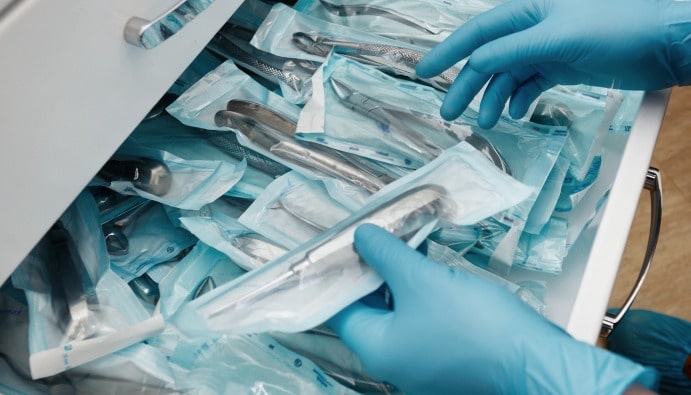
BLOG
KATEGORİDEKİ DİĞER YAZILAR

A stability test is a test to determine what changes occur in the physical and chemical properties of a product over time. These tests are carried out to guarantee the safety and effectiveness of the device during use. Since medical devices often directly affect the health of patients, it is very important that the devices do not deteriorate or damage over time.
Medical devices are expected to remain stable in terms of safety and performance for a certain period of time after manufacture. These tests may vary depending on the design of the device, the materials used and the manufacturing process.
Stability testing is performed to determine how the quality of the medical device changes over time by being affected by environmental factors such as humidity, temperature and light. Among the stability tests, the accelerated stability test is more preferred due to the longer duration of the real-time stability test.
Rapid aging testing is a stability test to simulate how medical devices will change over time. This test recreates, over a shorter period of time, the environmental conditions that the device would normally be exposed to over years of use. This provides faster insight into the long-term safety and durability of the device.
How is the Process Performed?
In rapid weathering testing, devices are typically exposed to the following factors:
They are kept in acclimatization cabinets for shorter periods of time at high temperatures, simulating real time. Accelerated aging is based on the assumption that the chemical reactions that cause the deterioration of medical devices follow the Arhenius reaction rate function. An Arhenius reaction is when a 10°C increase or decrease causes a doubling or halving of the chemical reaction rate.
Aging tests are performed on the final product and stability studies should be repeated if there are situations that will directly affect product quality, such as package change, sterilization method change. Interim control tests should be performed at certain periods during the stability tests. Product sterility should be evaluated at the end of the test.
Nanolab Laboratories Group continues to provide services within the scope of Stability Testing in Medical Devices. We also provide services in Sterilization Tests.
Contact us for more information.
You can follow us on LinkedIn for up-to-date news and posts about our services.
Follow our Instagram account to be informed about our latest blog posts.